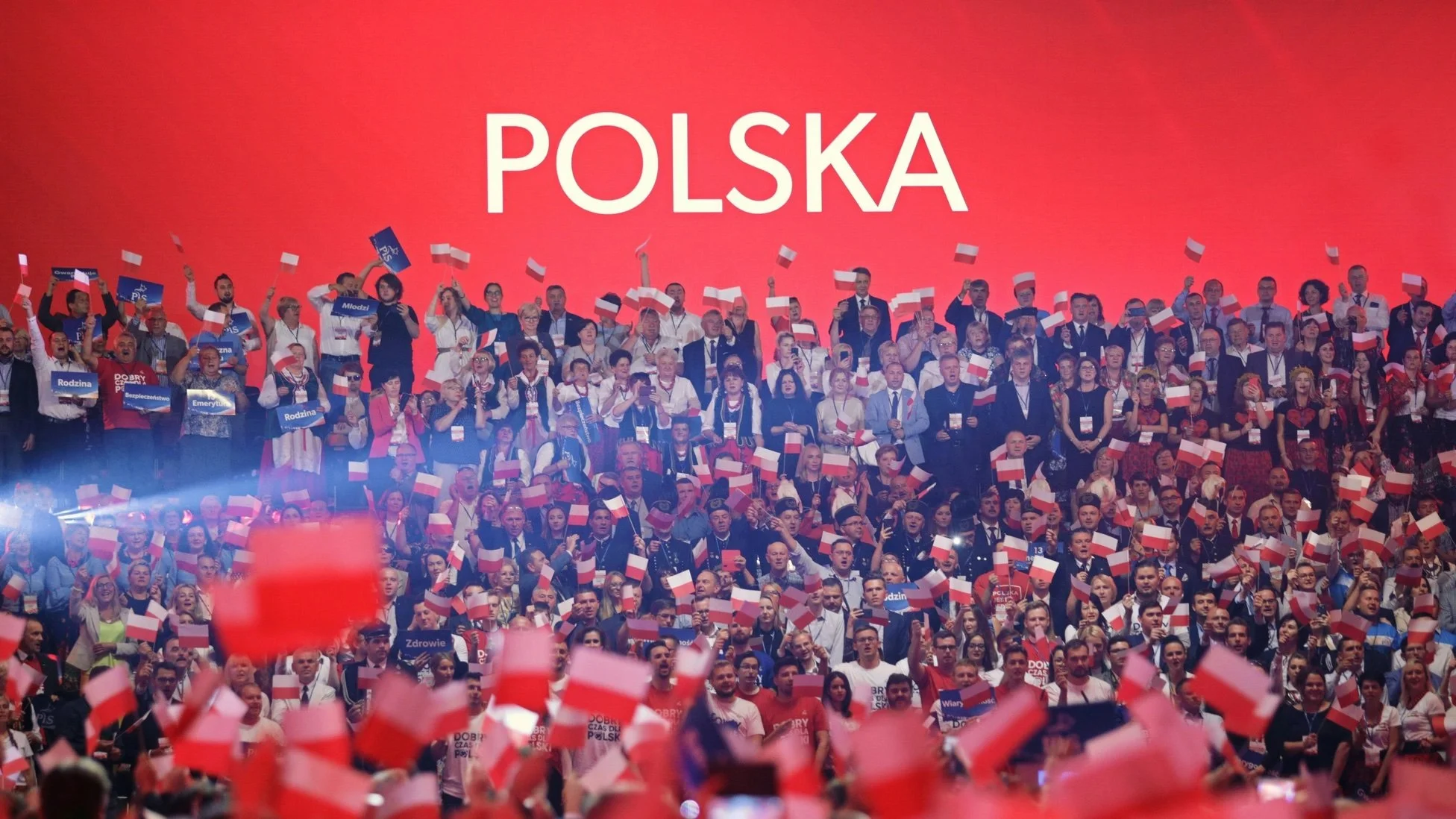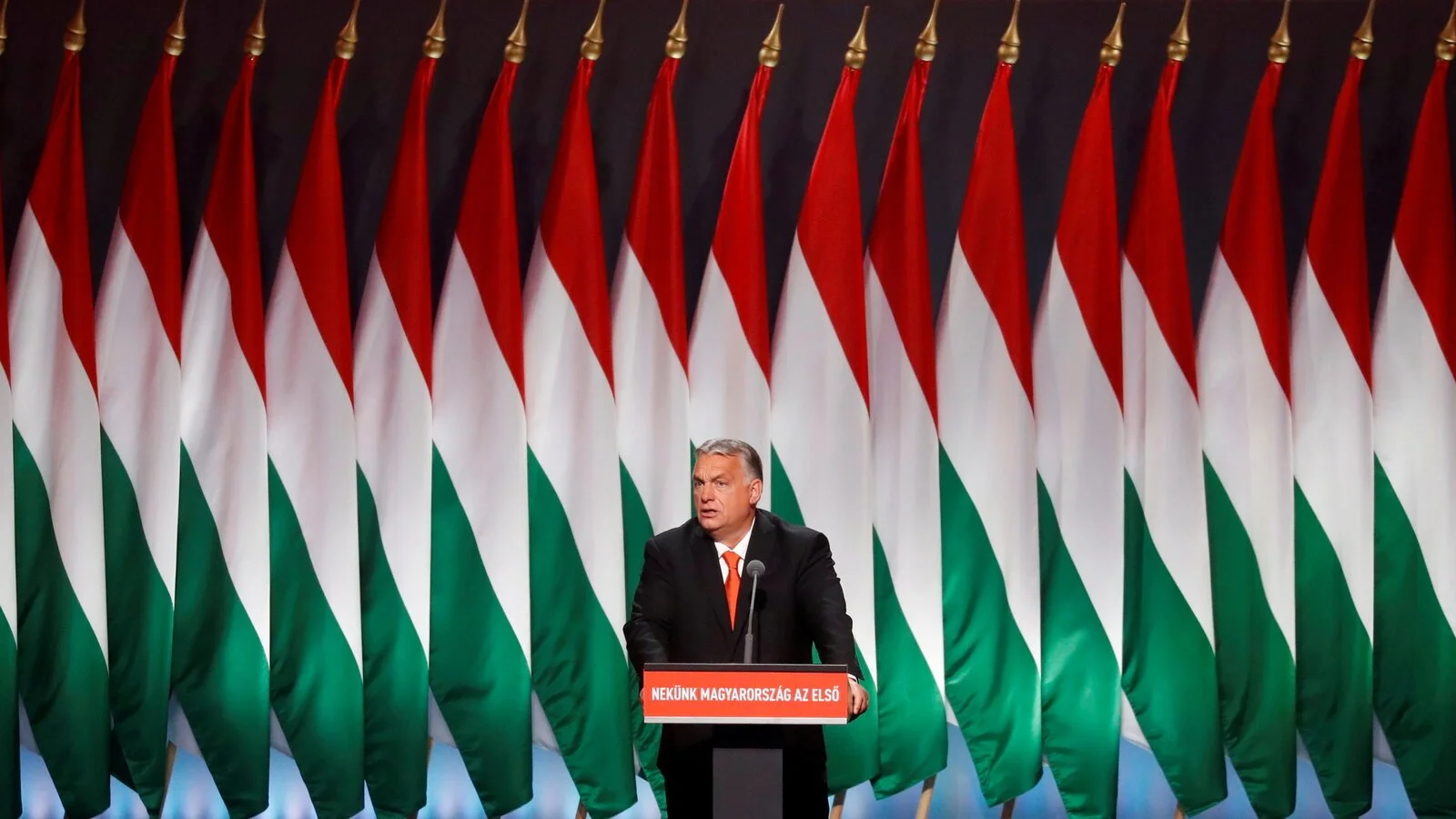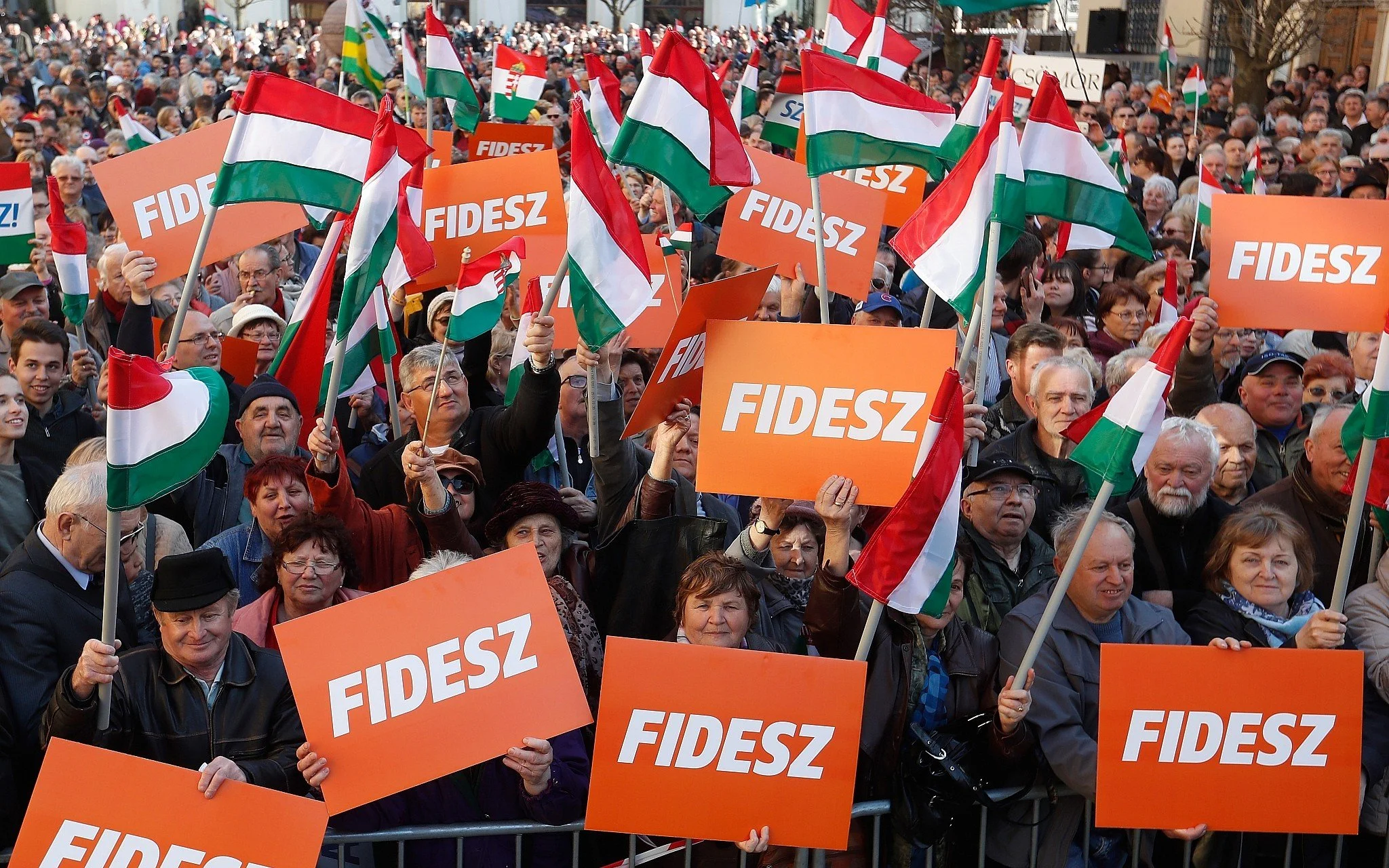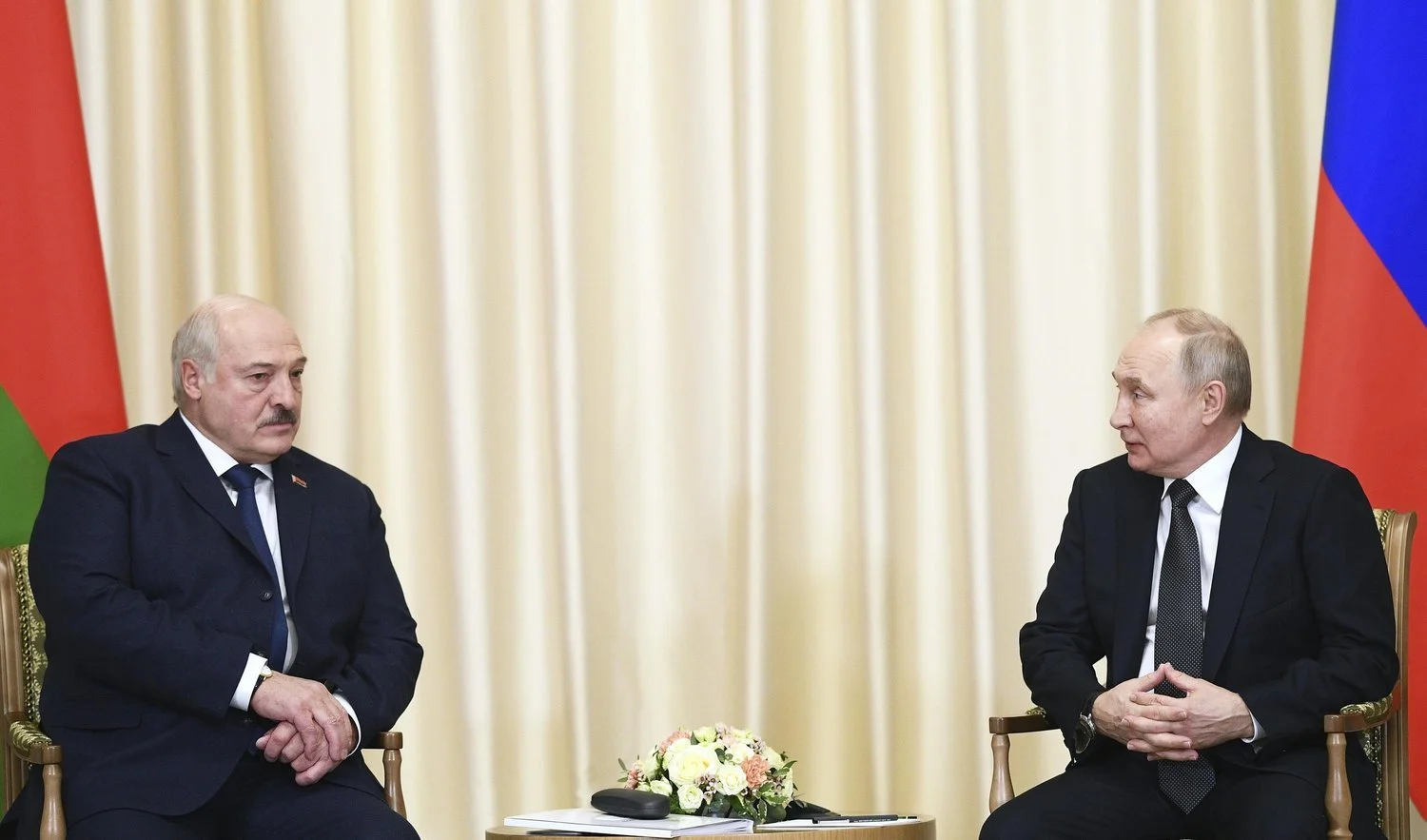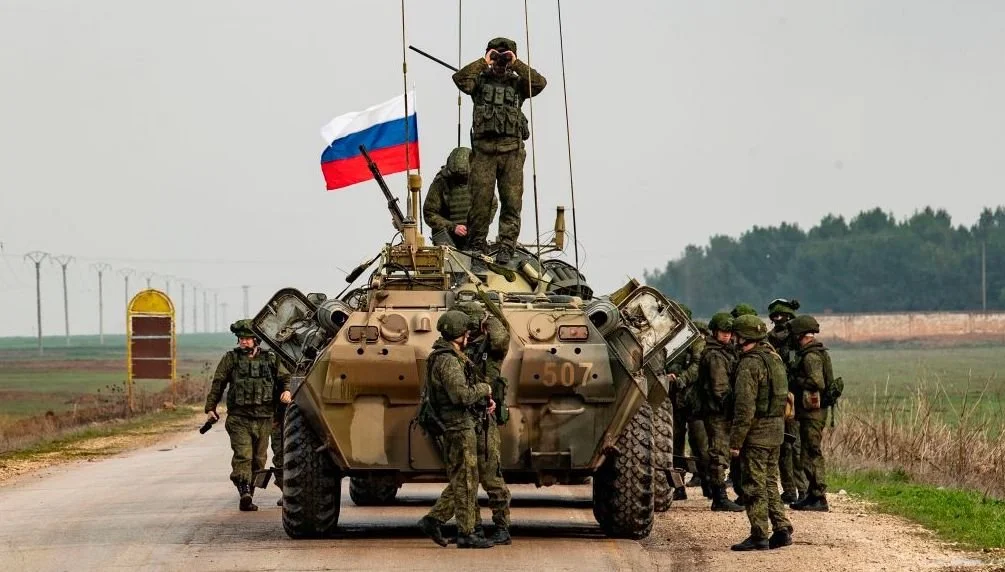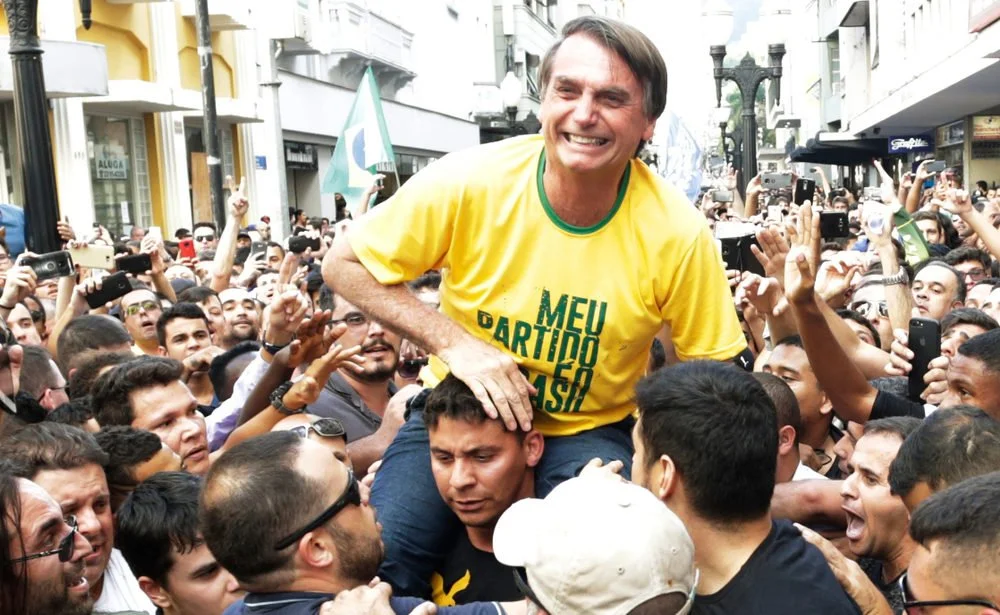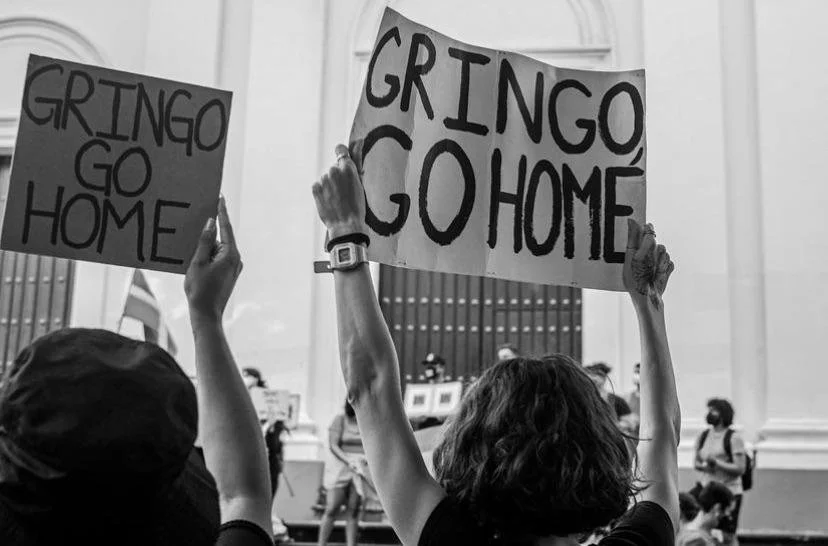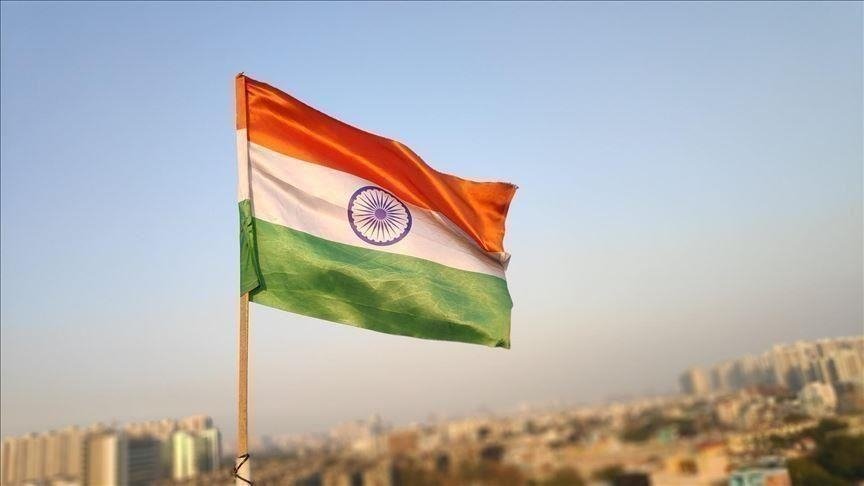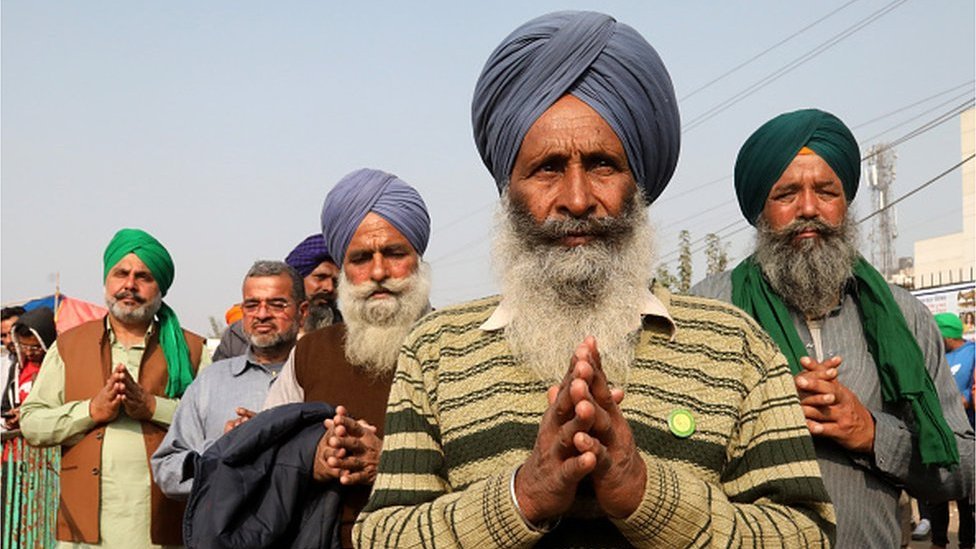International
Column Leaders: Reston Kaufman and Nelson Bellows
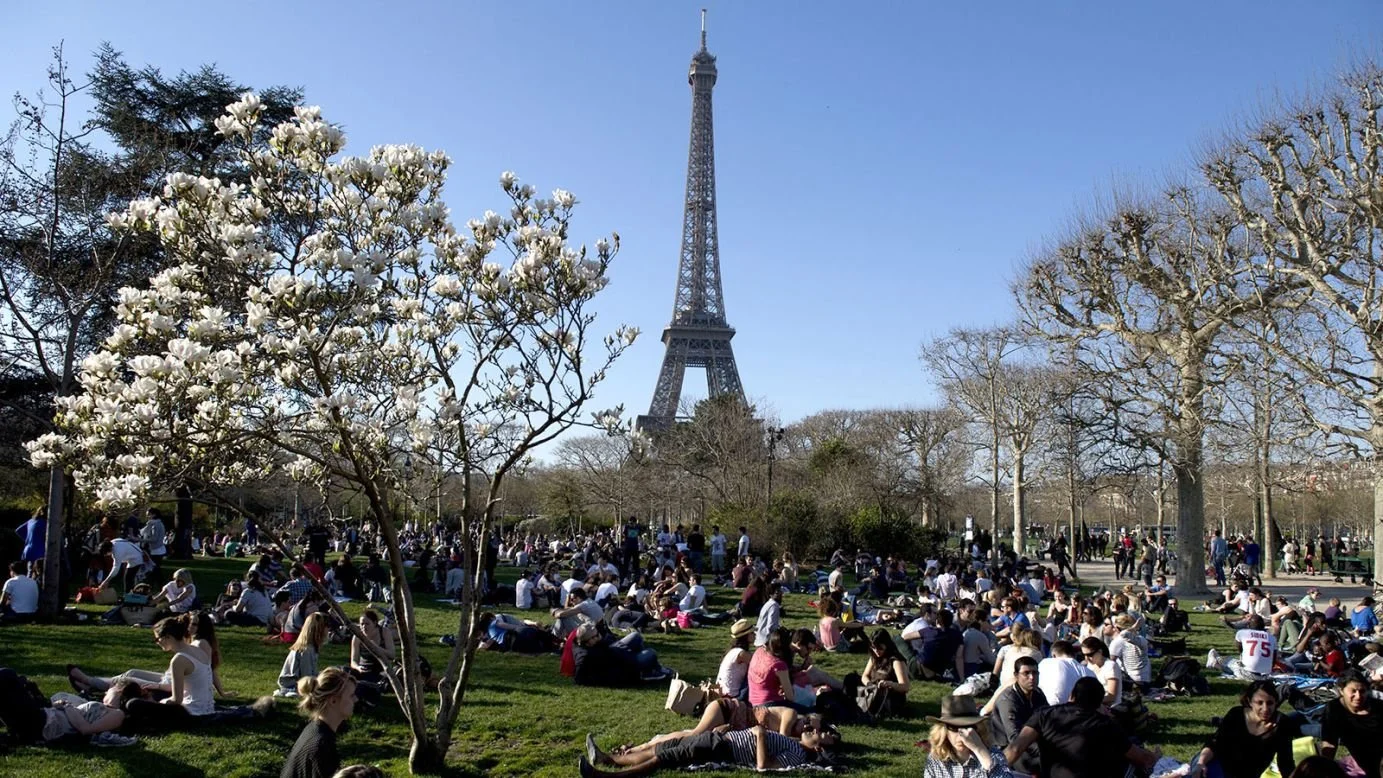
The tension between Russia and the West is escalating to an unprecedented degree. It started in March 2021 when the U.S. and E.U. announced sanctions against Russia in response to the poisoning of Alexei Navalny. With these sanctions, the U.S. government began a journey towards the destruction of any remaining relationship between the West and Russia.
February 1, 2021 marked the downfall of any democratic progress in Myanmar. The previously ruling military seized control of the country, arresting State Counsellor Aung San Suu Kyi and President U Win Myint, handing power to Min Aung Hlaing, the Commander in Chief of the military. Mass protests at this subversion of democratic progress have been met with violent tactics, including use of water cannons, rubber bullets and live ammunition, resulting in the deaths of many civilians. While in and of itself somewhat of an illusion, hopes of democratic progress have been dashed in Myanmar, illustrating yet another example of democratic backsliding and the growth of authoritarianism worldwide.
June 21st will mark the fourth anniversary of Mohammed Bin Salman’s ascendancy to the title of Saudi Crown Prince. His relatively short tenure as de-facto ruler has proved to be an unprecedented one, for no previous Saudi ruler in recent memory has been as bold or nakedly ambitious as this one. Now trying to untangle the Gulf Crisis, the question inevitable emerges for the Biden Administration: what to do with MBS?
On October 6th 2019, then-President Donald Trump made the decision to withdraw United States military troops and aid from northeastern Syria, leaving the Kurds, an essential ally in the fight against the Islamic State, on their own and at the mercy of attacks from Turkey. This sudden step back from the West was another move in destabilizing an already fragile geopolitical climate in the region. Indeed, in the days that followed US withdrawal, the Turkish military attacked Kurdish territories in Turkey and northern Syria. This was another episode in the ongoing struggle of the Kurdish nation, scattered across four countries with borders arbitrarily drawn by former colonial powers.




